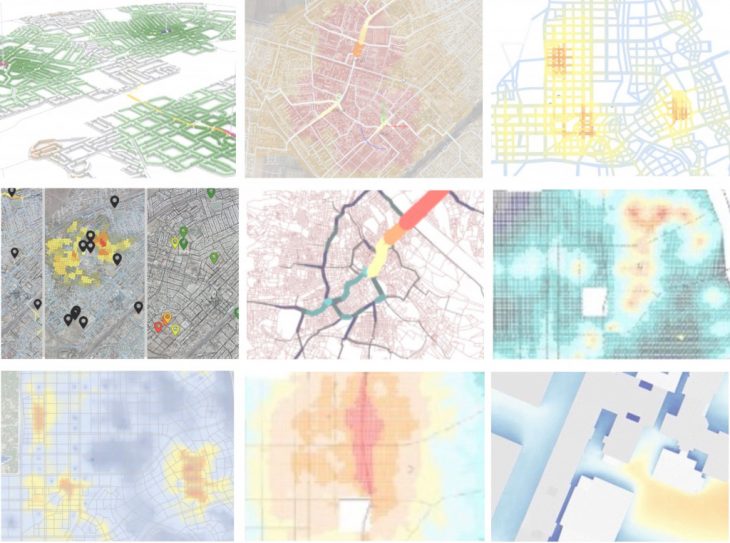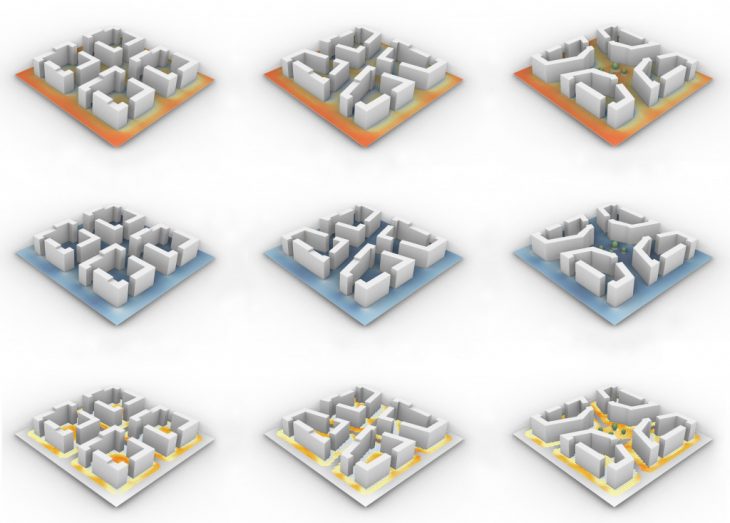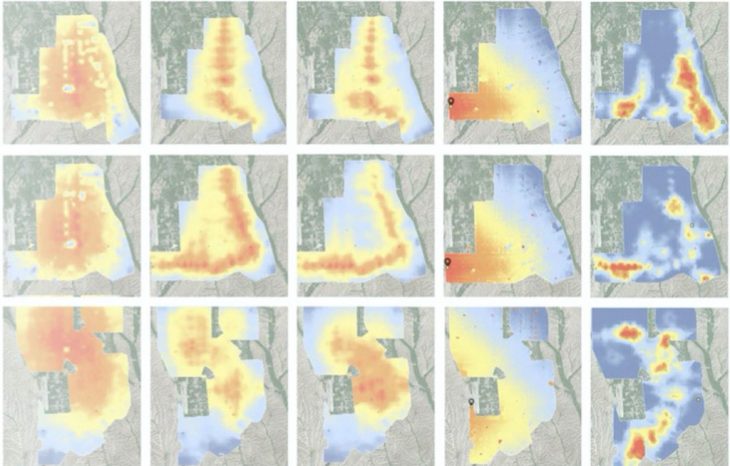Master in City & Technology Second Year 2018/20 – Term III
Seminar Name: Artificial Intelligence in Urbanism II – Developing ML workflows for advanced urban solutions
Total Hours: 20 hours
Faculty: Angelos Chronis, Serjoscha Duering, Nariddh Khean
Syllabus

Credits: City Intelligence Lab
Artificial intelligence (AI) has permeated almost all facets of our digital and physical world. By now, it is a rarity to find an aspect of our day-to-day lives that has not been somehow influenced by an AI-driven technology. Even within the built environment, an industry that is known for its sluggish uptake of new technology, AI has been applied toward detecting anomalies in city-wide datasets, generating and optimizing urban morphologies, increasing the speed of onerous urban-scale microclimate simulations.


AI in Urbanism focuses on practical applications of AI within urban planning and design. Through project-driven pedagogies, this 5-week module is aimed at taking students with a basic understanding of machine learning, to applying state-of-the-art algorithms to urban-scale issues. Students will learn to identify problems amenable for AI-driven intervention, develop and train AI models to gain hands-on intuitions about hyperparameter tuning, and build interprocess pipelines for deploying AI models locally.
Faculty

Angelos Chronis is the head of the Cities Intelligence Lab at the Austrian Institute of Technology. He has studied Architecture and has been a Marie Curie Fellow at the Innochain ITN. He has previously worked as an Associate at Foster + Partners and as Senior Faculty at IaaC, Barcelona and he has been teaching at The Bartlett, UCL and IaaC among other schools. His main research interest lies in the integration of simulation, optimization and performance drive in the design process.

Serjoscha Duering is interested in applying spatial data analysis with simulation methods in the realm of performance driven urban planning and design with a particular interest in the intersection of top-down driven development and evolutionary city growth.

Nariddh Khean’s interest lies in the use of artificial intelligence within computational design. His research initially focused on the integration of deep learning methods, which has transitioned into its application, deployment, and lifecycle.
